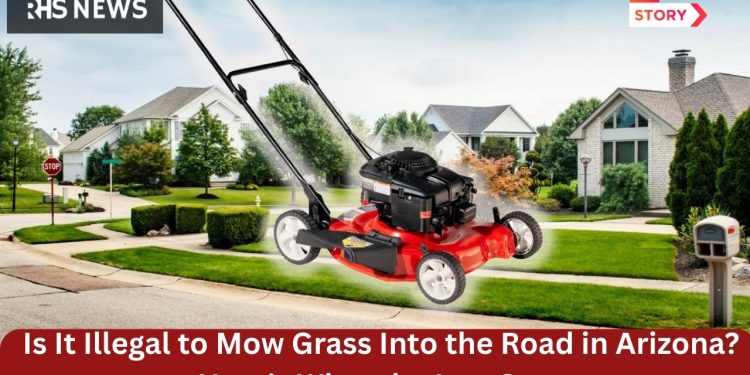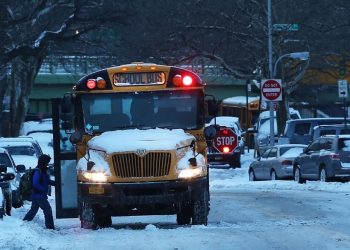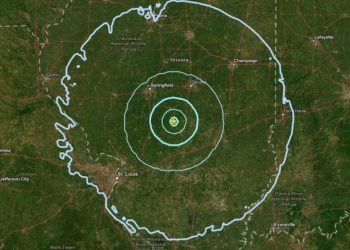Grass cutting and lawn maintenance are essential parts of home care during the warmer months in Massachusetts. However, one common question among residents is about the legality and safety of mowing or blowing grass clippings into the roadway.
This practice is often observed, but it raises concerns about legal regulations, safety risks to motorists, and community etiquette. This article explores whether it is illegal to mow grass into the road in Massachusetts, discusses the associated dangers, highlights local opinions and practices, and explains what residents should keep in mind to maintain safety and harmony in their neighborhoods.
Why People Mow Grass Into the Road
Many homeowners who mow their lawns live on residential streets where the grass strip extends near the pavement edge. While mowing, grass clippings naturally accumulate and often end up being blown or swept onto the road. This method can seem convenient because it clears the lawn quickly without requiring additional effort to gather or bag grass clippings. Some also believe that dispersing clippings into the street is harmless or even beneficial, as the clippings might decompose naturally or be washed away by rain.
Legal Status of Mowing Grass Into the Road in Massachusetts
In Massachusetts, there is no state law explicitly prohibiting homeowners from blowing or mowing grass clippings onto the roadway. Unlike some municipalities or states where specific ordinances ban this practice, Massachusetts treats it more as a matter of etiquette and safety rather than formal legislation. It is widely recognized as frowned upon but not outright illegal.
This lack of a statewide ban means that while you will not generally face penalties or fines solely for mowing grass clippings into the road, you are expected to exercise caution and good community-minded behavior. Many local authorities and lawn care experts encourage residents to avoid dispersing grass clippings on the street to prevent hazards.
Safety Risks of Grass Clippings on Roads
Although it might seem trivial, grass clippings blown onto roads create significant safety hazards, particularly for motorcyclists, bicyclists, and pedestrians.
-
Slippery Surfaces: Grass is mostly water. When freshly cut and wet or even dry, loose grass clippings on asphalt can create a slick surface resembling ice, reducing tire traction.
-
Unexpected Obstacles: Motorcycles and bicycles require steady traction. Grass clippings on roads, especially around curves or intersections, can cause loss of control, leading to accidents.
-
Reduced Road Visibility: In some cases, piles of cut grass in the street obscure road markings or make the road appear dirty and poorly maintained, which can impact driver decisions.
There have been documented cases of motorcycle accidents caused by riders encountering grass clippings on roadways. In Massachusetts, with its growing popularity of motorcycle touring and cycling, this risk is a significant concern.
Community and Neighborly Considerations
Though the practice is not illegal statewide, it is frequently regarded as inconsiderate by neighbors and local communities. Many residents feel that blowing grass clippings into the road shows a lack of respect for shared public spaces, particularly when the clippings are not cleaned up afterward.
Some local homeowner associations or municipal governments may have specific bylaws or regulations addressing lawn care practices, including disposing of yard waste, to promote community safety and aesthetics. Residents are encouraged to check with their city or town offices about any local rules or recommendations.
Best Practices for Lawn Care Near Roads in Massachusetts
Because of the safety and neighborly concerns associated with pushing grass clippings into streets, there are better approaches lawn owners can follow:
-
Aim to blow or dispose of grass clippings onto your own property or compost area rather than the road.
-
If grass clippings accidentally land on the pavement, sweep or rake them back onto the lawn promptly.
-
Avoid mowing grass when it is wet to decrease the amount likely to be blown onto the street.
-
Consider mulching mowers that recycle grass back into the lawn, cutting down on clippings.
-
Participate in programs like “No Mow May” that encourage reducing mowing frequency to benefit local flora and fauna.
Examples From Massachusetts Cities
While the law remains consistent across the state, practices and attitudes can vary:
-
In Boston, urban lawn areas are smaller and more managed, and city services prioritize keeping streets clean from debris. Residents often report dissatisfaction when grass clippings accumulate in roadways.
-
In suburban communities such as Newton or Wellesley, where lawns are more extensive, there is a stronger emphasis on community responsibility to avoid cluttering public roads with yard waste.
-
Smaller towns in western Massachusetts often rely on local ordinances that encourage or require proper disposal of grass and yard waste to prevent environmental issues such as clogged storm drains.
Environmental Impact
Beyond legality and safety, blowing grass clippings into roads can affect the environment negatively. When grass clippings enter storm drains or waterways, they contribute to organic pollution and can cause algae blooms or other ecological imbalances. Proper disposal of yard waste is thus a matter of environmental stewardship as well.
Conclusion
In summary, it is not illegal under Massachusetts state law to mow or blow grass clippings into the road, but it is strongly discouraged due to the safety hazards posed to motorists, especially motorcycle riders and bicyclists. It is also regarded as poor community etiquette that can cause friction between neighbors. For the safety of all road users and the benefit of the environment, lawn care in Massachusetts should prioritize keeping grass clippings off roadways and disposing of them responsibly. Residents are advised to be mindful, check local regulations where applicable, and adopt lawn mowing practices that promote safety, cleanliness, and harmony in their neighborhoods.









